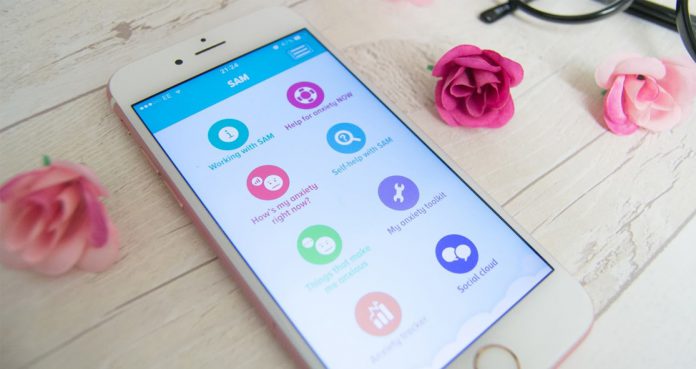Artificial Intelligence (AI) is used in many digital tools and apps. These apps were looked as a solution to the mental health problem of many people.
According to a new study published in Nature Digital Medicine, most mental health mobile applications are lacking scientific backing. Most of the apps are in running in the market without scientific evidence or proper research to back up their abilities.
Currently, in app stores such as, Google Play and iTunes, investigators have identified 1,435 mental health apps. The researchers analyzed around 73 mental health apps found useful to anxiety, depression, schizophrenia, self-harm, substance use, and problems alike. About 64% of its users claimed improving symptoms and effectiveness at diagnosing a mental health condition and self-management, whereas 44% of cases were used to support claims using scientific language.
Merely 14% apps were involved in real-world experience, and none of them had gone through the appropriate certification or accreditation. Only two of these mental health apps could offer “low-quality, primary evidence” using the actual app. And eventually only one of them actually contained within a citation to published literature.
“Scientific language was the most frequently invoked form of support for use of mental health apps; however, high-quality evidence is not commonly described,” according to the research. It is observed that though there are plenty of positive reviews of the apps in helping individuals, most of them are simply not as per peer-reviewed studies and can even contain harmful content.
Over the past few years, Silicon Valley has been increasingly investing in new technology on mental health solutions. This includes AI-enhanced monitors, chatbots and even robots to help people dealing with the mental health issues like anxiety, depression, and PTSD. Subsequently, they are even active in person’s Facebook messenger.
In spite of all this and the supposed benefits of counseling bots and mental health, there has been no monitoring done by FDA on the said apps.
In the meantime, critics claim the new technology for overcoming mental illnesses requires detailed psychological research. Such apps are also lacking the human-touch to heal the problems, which could be in the form of communication and face-to-face counseling whereas some say that it aids the mental health treatment, though not working as a medical replacement.
The healthcare industry is not different than the others facing privacy issues of public. BMJ’s latest study shows that 19 out of 24 apps are selling their user data to unauthorized agencies including whether a user is pregnant or smoker or any typical health condition.
There is serious attention needs to be given to mental healthcare sector as there exists only one mental health professional per 1,000 individuals as reported by the National Mental Health Association. Approximately, 1 in 5 Americans mostly adults around 43.8 million experience mental illness in a given year, according to the National Alliance on Mental Health. Yet, only 41% people receive mental health treatment.
It is estimated that the country spends $2 billion a year on mental health services alone, which is more than sufficient.
Healthcare experts are concerned that how certain individuals will respond to robotic therapy without enough data. Dr. John Torous, co-director of the Digital Psychiatry Program at a Medical Center said, “The idea behind it certainly makes sense, but human behavior, human emotion, and people are complex. How much can these conversational agents really understand? What can they really respond to? When do they work well, and when do they not work well?”





















